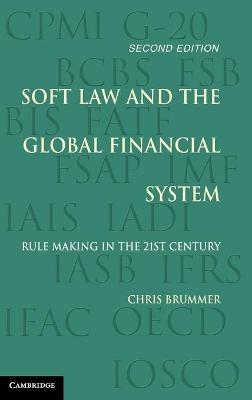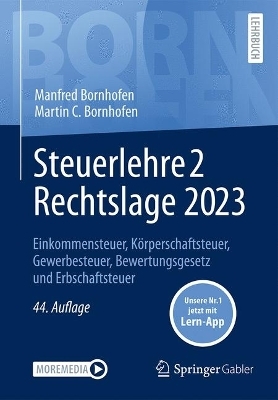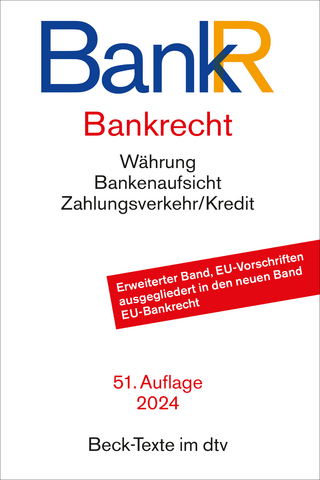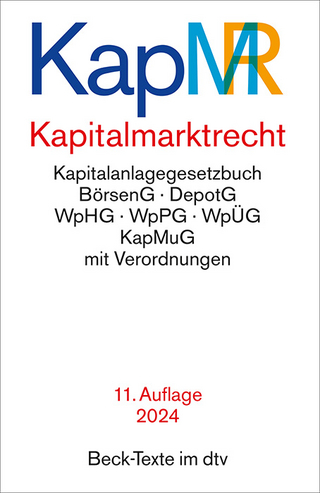
Soft Law and the Global Financial System
Rule Making in the 21st Century
Seiten
2015
|
2nd Revised edition
Cambridge University Press (Verlag)
978-1-107-12863-7 (ISBN)
Cambridge University Press (Verlag)
978-1-107-12863-7 (ISBN)
This book explains how international financial law 'works' - and presents an alternative theory for understanding its purpose, operation, and limitations. Drawing on a close institutional analysis of the post-crisis financial architecture, it argues that international financial law is more coercive than classical theories of international law predict.
This book explains how international financial law 'works' and presents an alternative theory for understanding its purpose, operation, and limitations. Drawing on a close institutional analysis of the post-crisis financial architecture, it argues that international financial law is often bolstered by a range of reputational, market, and institutional mechanisms that make it more coercive than classical theories of international law predict. As such, it is a powerful, though at times imperfect, tool of financial diplomacy. Expanded and revised, the second edition of Soft Law and the Global Financial System contains updated material as well as an extensive new chapter analyzing how international standards and best practices have been operationalized in the US and EU in the wake of the financial crisis. It remains an essential tool for understanding global soft law for political scientists, lawyers, economists, and students of financial statecraft.
This book explains how international financial law 'works' and presents an alternative theory for understanding its purpose, operation, and limitations. Drawing on a close institutional analysis of the post-crisis financial architecture, it argues that international financial law is often bolstered by a range of reputational, market, and institutional mechanisms that make it more coercive than classical theories of international law predict. As such, it is a powerful, though at times imperfect, tool of financial diplomacy. Expanded and revised, the second edition of Soft Law and the Global Financial System contains updated material as well as an extensive new chapter analyzing how international standards and best practices have been operationalized in the US and EU in the wake of the financial crisis. It remains an essential tool for understanding global soft law for political scientists, lawyers, economists, and students of financial statecraft.
Chris Brummer is a Professor of Law at Georgetown University, Washington DC and the faculty director of the Institute for International Economic Law. He is also the project director of the Transatlantic Finance Initiative at the Atlantic Council and a senior fellow at the Milken Institute.
Introduction: the perils of global finance; 1. Territoriality and financial statecraft; 2. The architecture of international financial law; 3. A compliance-based theory of international financial law; 4. How legitimate is international financial law?; 5. Soft law and the global financial crisis; 6. Implementing the G-20 agenda: a transatlantic case survey; 7. The future of international financial law.
| Erscheint lt. Verlag | 29.9.2015 |
|---|---|
| Zusatzinfo | 2 Line drawings, unspecified |
| Verlagsort | Cambridge |
| Sprache | englisch |
| Maße | 157 x 235 mm |
| Gewicht | 640 g |
| Themenwelt | Recht / Steuern ► EU / Internationales Recht |
| Recht / Steuern ► Wirtschaftsrecht ► Bank- und Kapitalmarktrecht | |
| ISBN-10 | 1-107-12863-3 / 1107128633 |
| ISBN-13 | 978-1-107-12863-7 / 9781107128637 |
| Zustand | Neuware |
| Haben Sie eine Frage zum Produkt? |
Mehr entdecken
aus dem Bereich
aus dem Bereich
Einkommensteuer, Körperschaftsteuer, Gewerbesteuer, Bewertungsgesetz …
Buch (2024)
Springer Gabler (Verlag)
27,99 €
Währung, Bankenaufsicht, Zahlungsverkehr/Kredit
Buch | Softcover (2024)
dtv Verlagsgesellschaft
21,90 €


